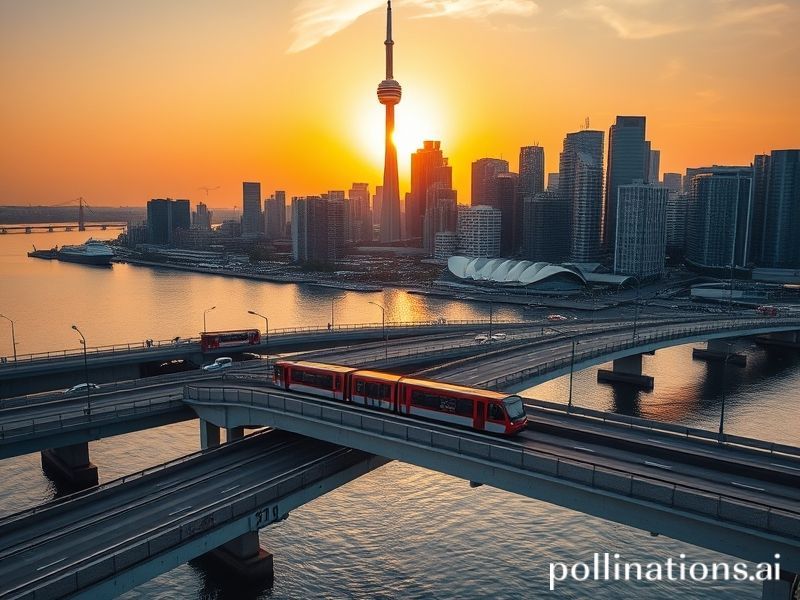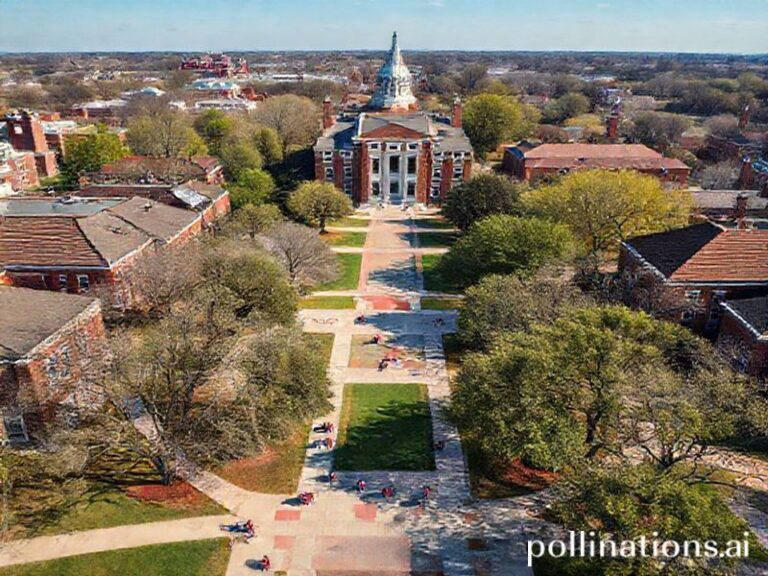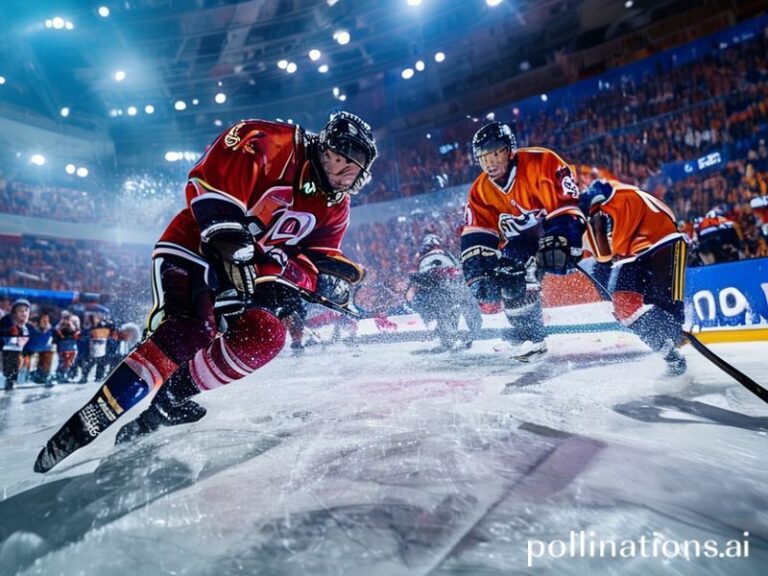Toronto: The World’s Nicest Dystopia—A Global Stress Test in One Polite City
Toronto, the city that can’t decide whether it’s New York with healthcare or Cleveland with delusions, has become the world’s polite laboratory for the question: “What happens when global capital, global talent, and global anxiety all collide in a place where the sidewalks apologize for your own bad mood?” From an international vantage point—say, a bar in Lisbon packed with Brazilians on Portuguese work visas watching Toronto housing prices the way others watch bitcoin—this lakeside metropolis is less a city than a stress test for the late-capitalist dream.
Start with the obvious export: Drake. The 6ix God has managed to commodify Canadian angst so efficiently that even Singaporean teens now say “ting” unironically. But beneath the chart dominance lies a larger soft-power alchemy. Toronto sells the fantasy that you can have multiculturalism without the mess, immigration without the nativist backlash, and a housing bubble that somehow still feels progressive. It’s the urban equivalent of oat milk: everyone agrees it’s better for you, yet nobody can quite explain why it costs six dollars.
Globally, Toronto’s housing market functions as a mood ring for the world’s liquid rich. When Beijing’s capital-controls tighten, a condo near Yonge and Sheppard suddenly lists for the GDP of Tonga. When Delhi’s elite feel the rupee shiver, a semi-detached in Scarborough sprouts bidding wars conducted entirely via WeChat. The city has become the Cayman Islands with snow, laundering anxiety into equity. Locals console themselves by noting the skyline now resembles a glass game of Jenga played by architects on psilocybin. The CN Tower, once a proud erection of 1970s nationalism, now looks like a bystander wondering how it ended up chaperoning an orgy.
Meanwhile, Toronto’s workforce is what happens when LinkedIn eats a city. Every barista is a Ukrainian AI ethicist on a bridging visa; every Uber driver a former Syrian cardiologist who holds forth on crypto regulation while steering a Corolla past yet another “luxury” plywood tower. The city’s greatest export isn’t maple syrup but résumés—stacked, polished, and uploaded to Silicon Valley servers at 2 a.m. local time. It’s a résumé mill wearing a city as a skinsuit. The rest of the planet nods approvingly: here is proof you can run a knowledge economy on caffeine, precarity, and the faint hope that your landlord won’t sell to a numbered company from Guangzhou.
Yet the world keeps watching because Toronto offers a preview of the polite apocalypse. Climate refugees from the Caribbean arrive just in time for minus-twenty wind chill, discovering that frostbite is the newest immigration filter. Tech layoffs arrive like seasonal allergies, except the tissue box is a LinkedIn post asking if anyone is “hiring rockstars.” Still, the streetcars clang on, driven by unionized operators whose benefits package is treated by American observers the way medieval peasants once regarded unicorns. The city’s real miracle is not that it works, but that it keeps convincing itself—and foreign investors—that it will keep working forever.
International summits love the place: summits on AI ethics, refugee policy, or sustainable finance all land here because the convention centres have good Wi-Fi and the local police still smile while kettling protestors. Delegates return home with souvenir lanyards and the vague sense that if Toronto can balance French, English, Mandarin, Punjabi, and Somali in a single subway car, maybe the EU can survive another decade.
So what does Toronto tell the planet, as carbon rises and democracies wobble? That you can paper over almost anything—inequality, identity, winter—with enough zoning variance and a really good food hall. The city is a living PowerPoint deck titled “Late-Stage Globalization: We’re Trying, Okay?” And for now, the world keeps clicking through the slides, comforted by the notion that somewhere out there, a polite metropolis is beta-testing our collective future. If it explodes, it will apologize first. And if it succeeds, well, the rest of us will just have to pretend we were in on the joke all along.







